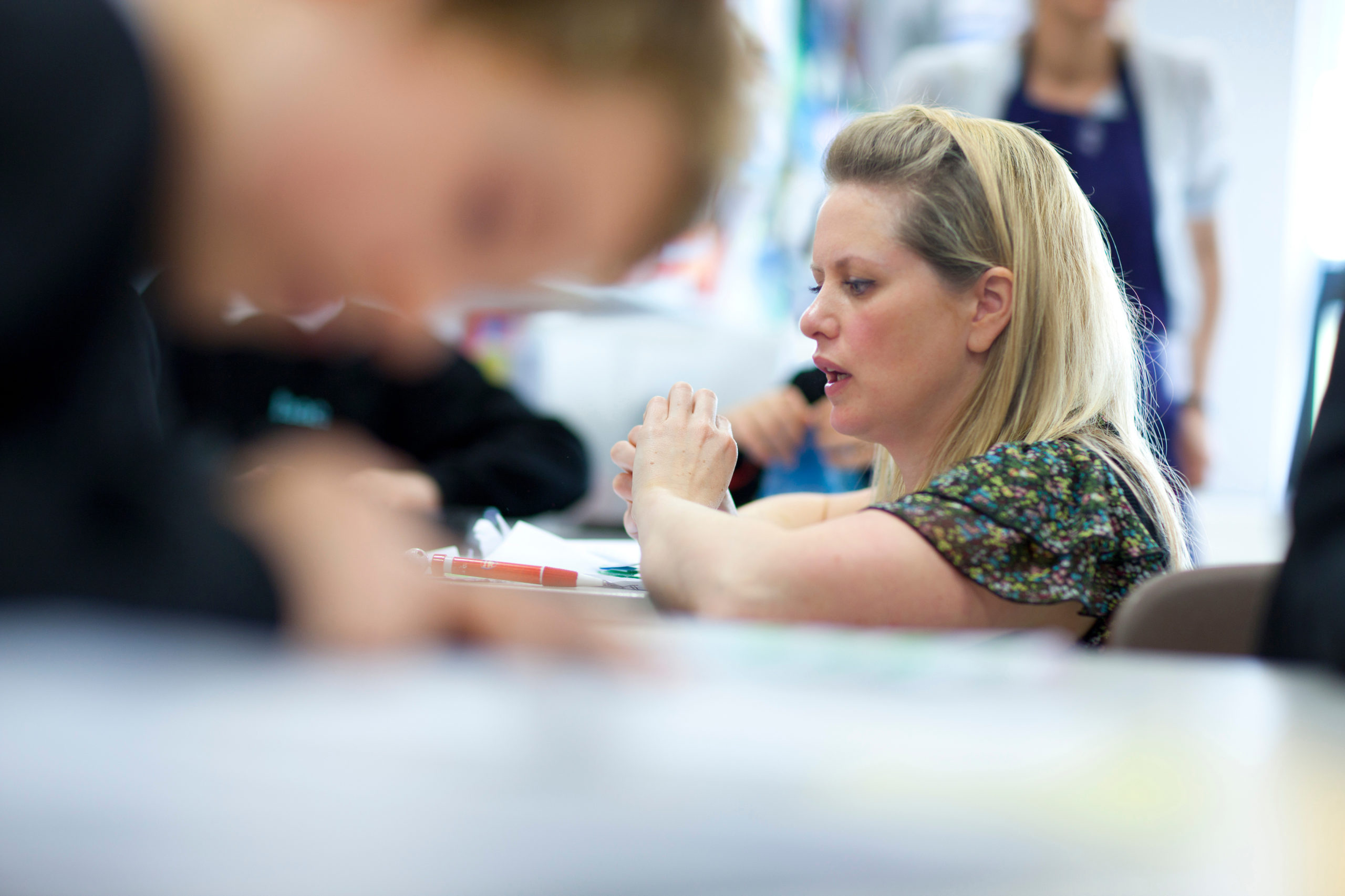Following months of screen gazing, limited interaction and working in isolation, our students are ready to come to life and to feel the buzz that our lively and dynamic MFL methodology brings. A foreign languages lesson is a social event where interaction and communication are essential, just what our young people need, having been starved of social contact and face-to-face dialogue. Language learning will help students to re-energise, socialise and communicate, but it will also reboot deep thinking. No other subject combines such high levels of interaction, challenge, pace and fun, and it is this combination of talk and challenge that creates powerful thinking which leads to learning. Vygotsky states “The true direction of the development of thinking is not from the individual to the social, but from the social to the individual.” And “By giving our students practice in talking with others, we give them frames for thinking on their own.”
So, when it is safe to do so, fill your classroom with repetition, chanting, singing and metacognitive talk. For now, mouthing and whispering the language will still allow students to learn it and students can talk to each other facing forward.
Analyse and apply language
Our students need to think deeply about language if it is going to go into the long-term memory, so do activities where students have to analyse and apply language. However, don’t forget, they need to memorise and learn it first. While many other subjects don’t see the value in rote learning, for us, it’s vital. Students need to know the language before they can use it and understand it. Repeating and practising the pronunciation of words and structures (in a whisper for now) is essential if students are to learn and remember new language. Once they know it, give them tasks that involve processing and higher order thinking such as decoding texts, manipulating learned language, translating language, and creating utterances and written texts of their own.
Target language
Fill the first twenty minutes of every lesson with target language and make a pact with yourself and your students that no English is allowed in this time. This will ensure learning happens from the outset and will ensure that students are exposed to target language. The starts of lessons are optimum learning time, as students’ levels of concentration, anticipation and engagement are at their highest, so introduce new language and drill straight away. Research tells us that we remember more at the start and end of an event (Recency and Primacy Effect) so teach key language and structures early in the lesson and revisit them at the end. It’s also a good idea to teach complex language during this optimum learning time, when students are most receptive.
This is our opportunity to re-ignite our student’s love of learning and inspire awe and wonder in them for our subject. Engaging students with motivational activities that are fun, but which stimulate deep thinking will help them buy in. The Pedagogy MFL Review reported ‘Intrinsic motivation, which comes from a sense of progress, cognitive challenge, growing knowledge and understanding, and achievement, is a prime factor for pupils when they are asked to exercise choice about subjects to be pursued.’ Pedagogy MFL Review Report Ian Bauckham -2016
Retrieve and recall
So, if we want our students to choose MFL at KS4, KS5 and beyond, make learning challenging but make students’ progress explicit to them, so they know they are achieving. The difficulty of our subject and the magnitude of an entire language’s content means that sometimes students are only aware of what they don’t know, rather than what they do know. Regular retrieval and recall at the start of lessons gives students a sense of success, as they revisit prior learning. Christine Counsell states: “…from prior knowledge, we rapidly assimilate and interpret the new.”
Revisit and adjust your learning sequence
So continually revisit, because when we do, we are preparing and priming students to learn new language more efficiently. How we sequence learning is key, so it’s wise to revisit and adjust your learning sequence in schemes of work in light of the disruption we have experienced. At a time, full of restrictions and limits, aren’t you glad to be teaching a subject that encourages the opposite? In the words of Ludwig Wittgenstein: “The limits of my language means the limits of my world.” By teaching a foreign language we are lifting those limits, giving hope for the future and opening the door to the world again.
Eve Hedley is PiXL MFL Lead and Associate.
